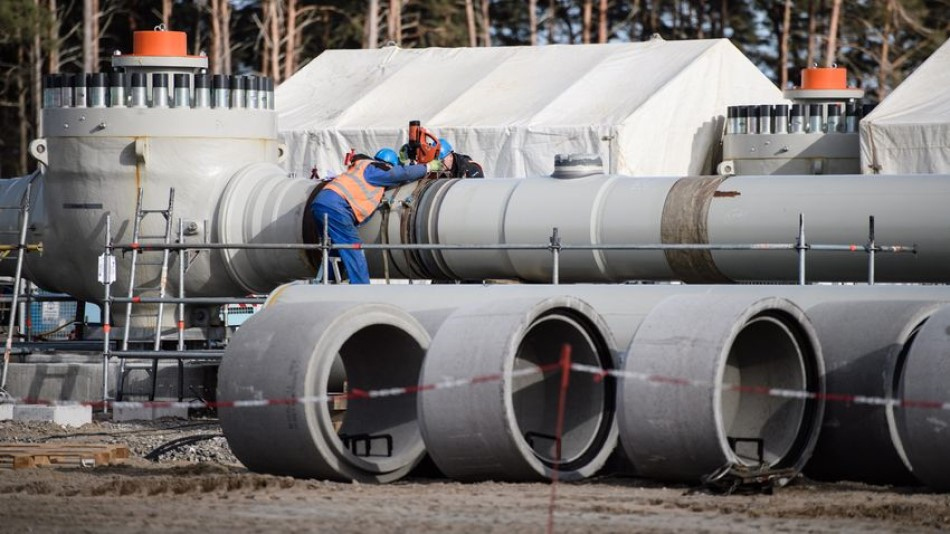According to Reuters, officials of the US ministry announced on Tuesday: at the G7 financial meeting this weekend, they plan to submit a proposal for EU member states to impose tariffs on Russian oil, which would thus be a faster alternative to a full oil embargo and at the same time the US would punish Hungary for blocking the oil embargo.
Portfolio reported. According to the article, the Russian import tariff system considered by the Americans would be designed in such a way that
on the one hand, encourage the Russians to extract (thereby the upward pressure on the price of other types of oil on the market would be eased), on the other hand, the demand for Russian oil should be restrained, thus also the Russian budget revenues, and thirdly, whoever buys Russian oil should put the import duty into a financial fund could also contribute to the economic recovery of Ukraine.
The above triple target system is based on the fact that Russian oil is sold at a significant discount compared to the global benchmark Brent and WTI. The Brent-Ural spread is currently around 35 dollars, i.e. Ural is much cheaper than Brent, and 35 dollars is much more than the historically typical few dollars,
and since Mol's refinery in Százhalombatta takes about 70% of Urals oil, this greatly contributes to the sustainability of the Hungarian fuel price cap of HUF 480.
The American plan is that the import duty on Russian oils should be set at such a level that it is still worthwhile for Russia to extract the oil, because in this way the demand for other types of oil will not have such a price-raising effect.
"The Treasury Department is examining pricing mechanisms, including tariffs, to help protect the global economy from further damage from high energy prices," US officials in Brussels were reported to have said.
Customs revenues would go into a reconstruction fund.
It is also planned that the customs revenue collected in this way could be put into a recovery and reconstruction fund for Ukraine, thus satisfying the desire to
Moscow should at least partially (and indirectly) pay for part of the massive reconstruction effort.
It is worth noting that the idea of a tariff on Russian oil imports was raised during Italian Prime Minister Mario Draghi's visit to Washington last week, when he met with Joe Biden, and then the US Treasury Department signaled the emerging plan.
For the time being, however, it is not clear how a plan for an import duty on Russian oil created in the G7 formation would be generally binding in the EU and in Hungary, if the Hungarian government would also reject it.
Source: mandiner.hu
Featured image: MTI/EPA/Clemens Bilan












